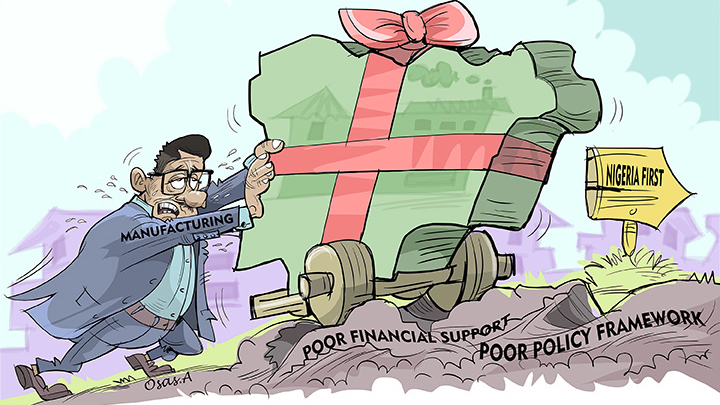
For Nigeria to attract and retain the kind of long-term investment required to unlock its vast energy resources, transparency and accountability must be prioritized.
The Executive Secretary, Nigeria Extractive Industry Transparency Initiative (NEITI), Orji Ogbonnaya Orji, made this declaration at the NAEC Strategic International Energy Conference 2024 in Lagos.
Orji, represented byTaiwo Olasupo, the South West Zone representative on the NEITI Board, said there was need for transparency and accountability because “investors seek certainty, need assurance that their capital would be deployed in an environment where corruption is addressed, the rules and laws are clear, the processes open, stable policies and environment, availability of information and governance is transparent and predictable.” He said without these pillars, no serious investor will commit significant capital to the sector.
“Openness in governance, especially in resource management and revenue collection, is essential to restoring investors trust and confidence,” he emphasised.
According to him, NEITI is determined to ensure that the oil, gas, and solid minerals sectors operate transparently and that the revenues generated are managed for the benefit of all Nigerians.
As part of efforts to fight corruption and build public trust, he said NEITI has releases its independent industry reports on the oil and gas sectors covering the period 2022 and 2023, which revealed that outstanding collectible revenues due to the Federal Government in the oil and gas industry stood at over $6.071 billion and N66.4 billion.
“A breakdown shows that $6.049 billion and N65.9 billion were unpaid royalties and gas flare penalties due to the Nigerian Upstream Petroleum Regulatory Commission (NUPRC). Additionally, there were $21.926 million and N492.8 million in outstanding petroleum profit taxes, company income taxes, withholding taxes, and VAT due to the Federal Inland Revenue Service (FIRS),” he stated.
Chairman of NAEC, Ugo Amadi, said the conference theme, ‘Gas As Energy Transition Fuel :”Navigating Nigeria’s Trilemma of Finance, Energy Security, and International Politics”, aims to shape conversation in the sector, with a view to chatting a more sustainable development path for the energy sector in Nigeria.
He said the group is optimistic that for Nigeria to navigate the energy dilemma, it needs to adopt a strategic approach that balances energy security, financial sustainability, and environmental considerations.
This, he said, could be achieved in a number of ways including diversification of energy sources; investing in renewable energy sources, such as solar and wind power, to reduce dependence on fossil fuels.
“We can also achieve the objective by investing in energy efficiency: improving energy efficiency in industries and households to reduce energy consumption.
“Infrastructure development is very cardinal, hence there is urgent need to upgrade existing infrastructure to support the transition to cleaner energy sources.
“By adopting a balanced approach, Nigeria can ensure a successful energy transition that meets its energy needs while addressing financial and environmental concerns,” he said.






